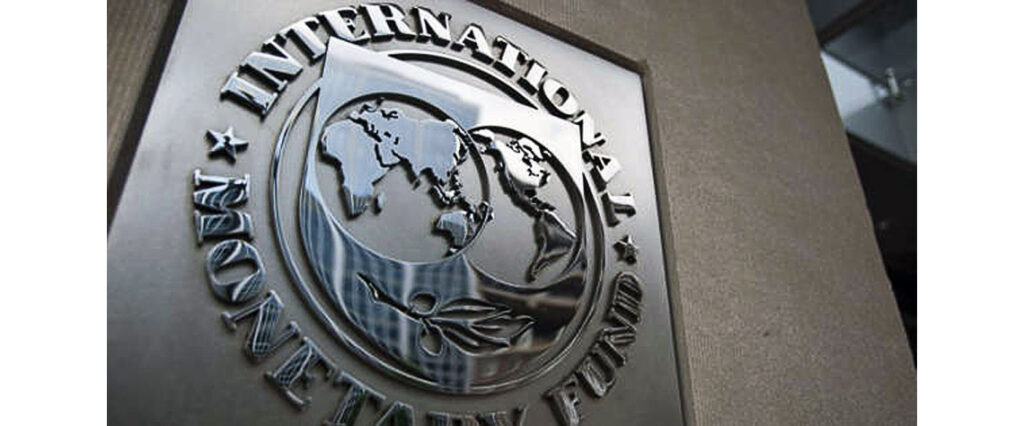
The International Monetary Fund (IMF) forecasts a considerable growth of credit to the economy in 2023, contrary to the scenario experienced in 2021 and 2022 in which the cost of money is so expensive, due to high interest rates, in such a way that it is not attractive to entrepreneurs or families. The perspectives are contained in the communiqué published this week by the Board of Directors of the IMF, after completing the first assessment of the agreement with the Government under the Extended Credit Facility (ECF). Looking at the country’s economic indicators, selected from 2019 to 2023, the IMF technicians observed that the growth of credit to the economy will rise from 3% by the end of 2022 to 11.5% in 2023, the year in which the Gross Domestic Product (GDP) will be around 1.3 trillion Meticais. Objectively, the IMF calculated that, next year, credit to the economy will stand at 24.3% in relation to GDP, against 24.6% to be registered in 2022, which is about to end. As for public debt, that global financial institution calculated that, in 2023, indebtedness will slow down to 101.4% in relation to GDP, from 102.9% in relation to GDP in 2022. IMF data indicate that, in 2020, debt public sector broke a record (between 2019 and 2023), reaching 120% of GDP. It should be noted that, after the IMF Board of Directors completed the first assessment of the agreement with the Government under the ECF, it provided the country with access to around USD 59.26 million. The three-year arrangement under the ECF aims to support economic recovery, reduce public debt and financing vulnerabilities, and promote stronger and more inclusive growth through structural reforms. At the end of the evaluation, the IMF further found that all program performance criteria, indicative targets and end-June 2022 structural benchmarks were met. He considered the monetary policy stance and the proactive adoption of more restrictive interest rates since the beginning of 2021 as adequate to combat inflation. (Evaristo Chilingue) Source: Carta de Moçambique
Tradução automática do artigo:Aceder ao artigo original
